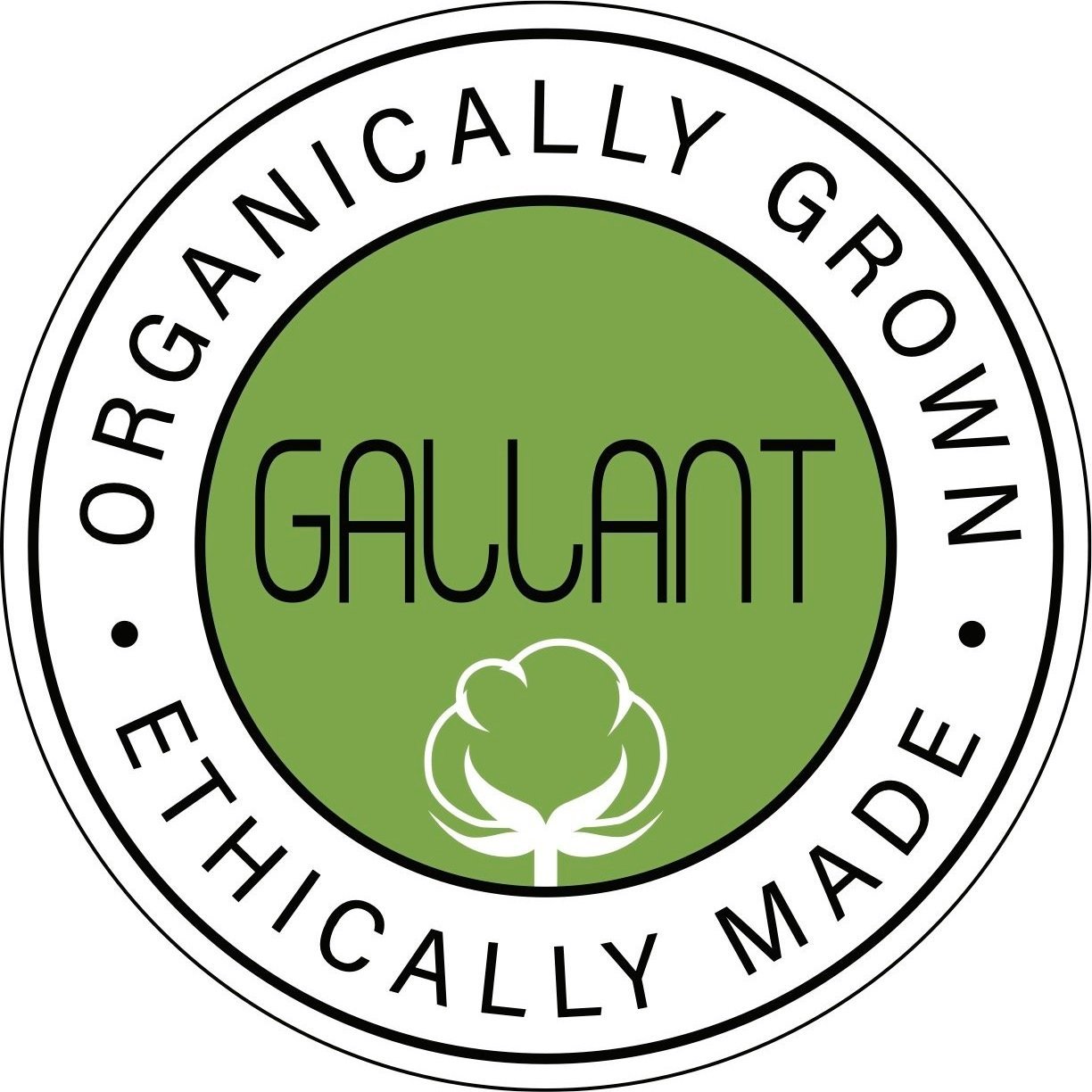Regeneration— The More Impactful Investment
Sustainability emphasizes protecting the environment and stopping the irresponsible consumption of the earth's resources- this ought to be the overarching idea underlying all human endeavors.
But is sustainability truly the answer when we are failing to effectively address compounding environmental problems that we are capable of fixing, such as greenhouse gas emissions? Most current statistics indicate sustainability is no longer sufficient on its own, which is why we must discuss a second idea— regeneration.
Regeneration goes beyond sustainability by aiming to undo not just the damage done to our natural world, but also to replenish what has been compromised.
Moving Beyond Sustainability (to Regeneration)
We live in a linear economic system where we turn priceless assets into trash. Continuously taking resources and generating massive amounts of garbage. This is because growth and expansion have been anchored by exploitation, creation, and disposal ever since the dawn of modern inventions.
A linear economy is an ineffective economic model that relies heavily on the consumption of fossil fuels, which contributes to global warming and overall planet deterioration. This is where the concept of sustainability steps in— one where we return to nature an equal quantity of what we extract.
It's going to be almost four decades since we first heard about the term "sustainable development" in the 1987 Brundtland Report. This year also marks the 20 years of the 1992 Rio Earth Summit to pursue sustainable development, protect biological diversity, prevent dangerous interference with climate systems, and conserve forests. Despite decades of national programs and international agreements, why has the planet not gotten significantly more environmentally sustainable? The natural systems that support mankind are still failing. While sustainability trends continue to be the cornerstone for many industries, the fuss surrounding sustainable progress appears to subside. This is not because the world has reached the sustainability pinnacle but because other efforts that produce more evident sustenance have taken precedence over sustainability.
After using a predatory strategy for so long, we must now adopt a regenerative mindset in which we give far more than we acquire. The UN has warned that the decrease in global emissions is substantially lower than the minimum 2030 climate goals established during the Paris Agreement. If climate change is not controlled, the outcome is going to keep resulting in horrible floods and wildfires, all-time high temperatures, rising sea levels, etc. We must repair ecosystems and liberate the splendor of nature to fix the socio-environmental depression.
Sustainability is not sufficient— we need regeneration
The existing system is letting down both humans and the environment. We need systems that can replace and rebuild what has been abused for centuries and create a framework that is harmonious with the planet's continued existence.
Regeneration goes beyond the traditional definition of sustainability. The focus is not just on preventing loss but also restoring and rejuvenating it. The world is still behind in climate change mitigation efforts on multiple exchanges. However, combating climate change is only one aspect of the issue— reducing its impacts and acclimatizing to them are also part of the challenge. To slow down global warming, we must embrace a circular economy, achieve decarbonization, and create sustainable infrastructure. Regeneration can bring about timely socio-economic transformation with appropriate planning, and in reverse, significantly contribute to achieving the goals of long-term sustainable development.
Regeneration— The Better Version of Sustainability
The tide is turning. We have a rare chance to improve how we conduct our daily transactions. Through regenerative steps, we can support the transformation.
Carbon Emissions: Regenerative measures tackle climate challenges, the shift to a circular economy, curbing pollution, and solving ecological problems. It emphasizes decarbonization and zero CO2 emissions while also taking steps to reduce the emissions discharged into the atmosphere.
Businesses: Regenerative systems promote intersectional strategy and fight systematic inequality, fostering management that is founded on ethics and integrity to increase transparency, efficiency, and rigor in economic and financial operations.
Agriculture: Agriculture is one of the main sources of climate emissions but it also has a high potential to slow down global warming and climate change. Regeneration approaches in agriculture strengthen soil health which increases carbon sequestration at greater depths (aside from farming prosperity), thereby reducing atmospheric CO2 levels and reversing human-caused soil loss. Regenerative agriculture includes agricultural techniques which aim to increase biodiversity and output by lowering the carbon footprint. Some of the key concepts include reducing soil compaction, covering soil surface, incorporating a variety of crops and living roots into the soil, and grazing livestock.
To put things in a simple perspective, regeneration encourages changes in operational behavior across all industries, from farms to technology, that rehabilitates and rescues the environment.
How is Gallant Addressing Climate Change?
We must all safeguard and preserve the natural surroundings while also minimizing our negative environmental effects. By implementing ethical practices and policies throughout our supply chain processes, Gallant is taking steps to reduce our environmental impact and carbon footprint. We are invested in carbon-neutral projects, fair trade standards, and hunger relief campaigns. Gallant is committed to fusing ecosystem restoration with community development. Working with over 700 farmers, growing cotton over 3500 acres in two states in India, we're shifting the discourse on organic cotton to a regenerative one. Our project stands as one of the largest ROC projects in cotton in the world.
Closing
Our carelessness's repercussions remain long after we're gone, endangering the planet and the future. Gallant is striving to leave positive footprints that can serve today's and tomorrow's generation.
We invite you to be a part of the revival of hope in the face of climate change as we support the rehabilitation of farming lands! Give us a call at 949-680-4004 or email us at gallant@gallantintl.com.
Related blog:

